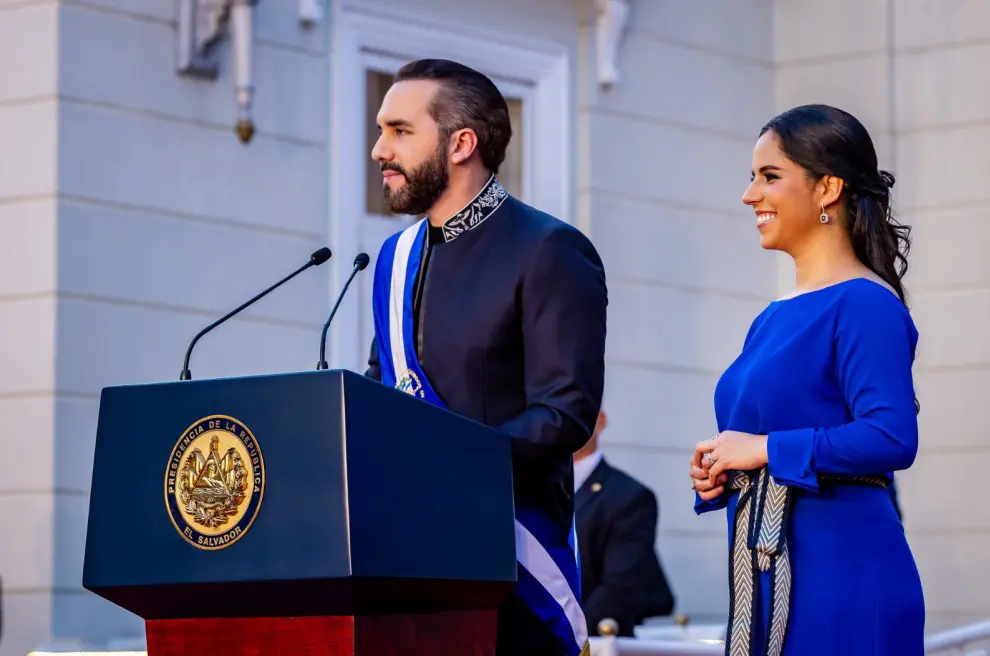
El Salvador has just taken a decisive step to protect education, culture, and its future generations. President Nayib Bukele, together with the Minister of Education, Karla Trigueros, announced that so-called “inclusive language” will no longer be permitted in public schools, classrooms, or in official Ministry documents.
This is not just about grammar. It is about protecting children and teenagers from ideological agendas disguised as linguistic innovation.
What is being banned?
Expressions such as amigues, niñes, todxs, alumn@s, compañere, and other distortions of Spanish grammar fall under this category.
These terms, promoted in certain activist circles, are presented as “inclusive,” but in reality they create confusion, weaken the natural structure of the language, and serve as entry points for ideological indoctrination.
Why does it matter in El Salvador?
Unlike other countries in the region, El Salvador never adopted textbooks or official curricula based on gender ideology. However, the government detected that isolated cases were trying to bring this “neo-language” into the educational system. Left unchecked, such practices could open the door for ideological experiments in classrooms.
By drawing a clear line now, El Salvador ensures that:
- The Spanish language is preserved in its integrity.
- Teachers and students can focus on real learning, not political trends.
- Children and adolescents are protected from social engineering disguised as inclusion.
A clear message
The measure reflects a broader principle: education is not the place for ideological experimentation.
Schools should prepare students with knowledge, skills, and values that empower them to succeed in life — not to serve as testing grounds for global ideological movements.
Leading by example
While in other countries debates over “inclusive language” and “gender ideology” continue to polarize education, El Salvador has chosen clarity and protection.
The government has reinforced what many parents, teachers, and citizens already wanted: schools free of ideological interference.
This is a strong, positive message to the world. By banning the misuse of language, El Salvador is safeguarding both linguistic heritage and the right of children to receive an education free from indoctrination.
👉 In short, this is not just about words — it is about defending the classroom as a place of learning, not propaganda. El Salvador is proving that protecting the future begins with protecting language, culture, and the innocence of its children.